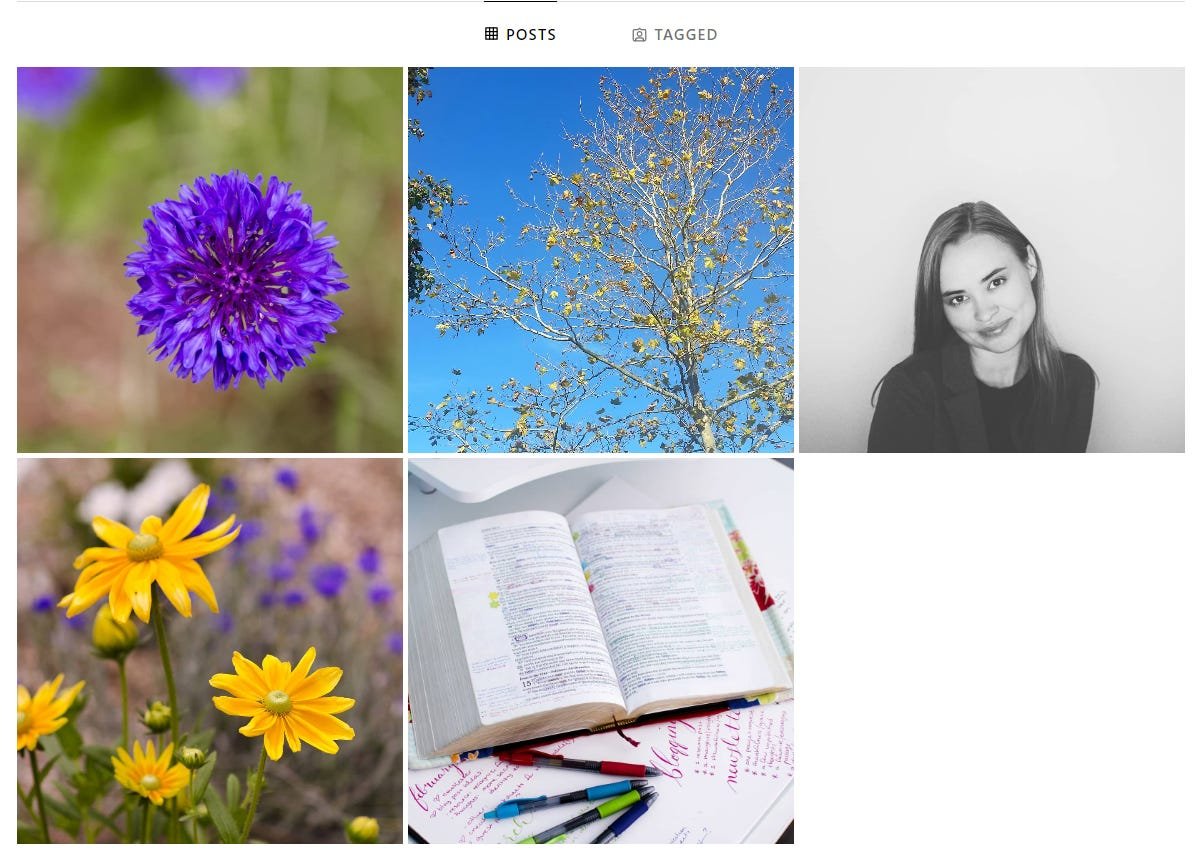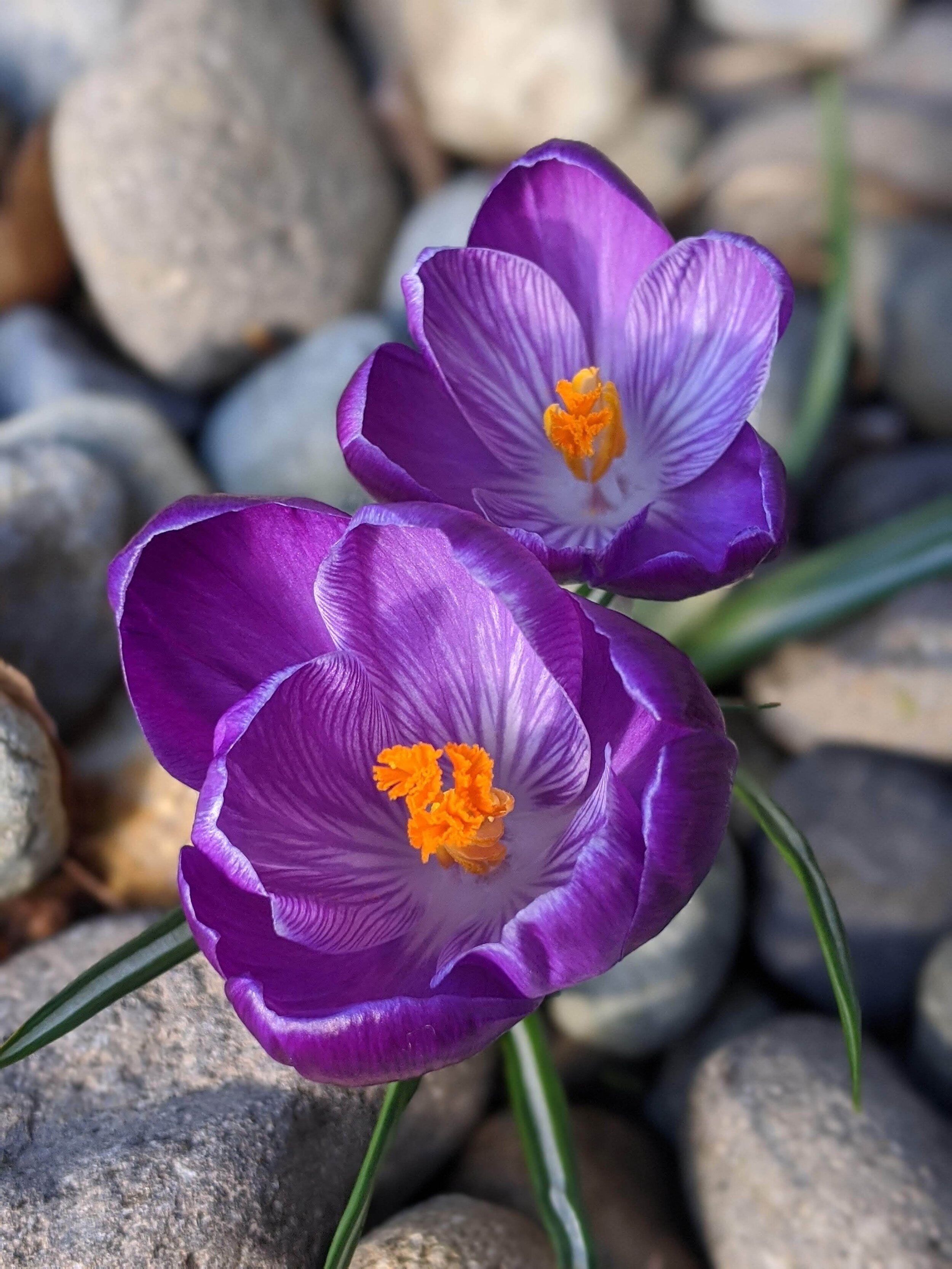thoughts from a loud silence
/I think I must confess the reason for my recent silence.
Some of you already know that longer gaps between blog posts usually mean that my brain has grown too loud for me to fully distinguish and organize my thoughts in the way that writing requires. I take these weeks of silence to reflect and try to give the noise its space by taking long walks in the fresh air and doing a lot of informal doodling, but often it takes weeks or months of this treatment before I can fully untangle all the different threads.
They’re still pretty tangled up right now, but one of them has begun to catch my attention.
I’ve found that it’s become harder for me to write about real-life struggles when I’m not confident that I can wrap them up in a pretty bow for you.
And so I err on the side of not writing at all - even though I’d like to - because silence seems more bearable than leaving you with a lament that I can’t genuinely end with a positive spin yet. Or worse, false joy.
But then I began reading a new book this week - Inside Out by Larry Crabbe - and this paragraph convicted me:
“Yet there is no escape from an aching soul, only denial of it. The promise of one day being with Jesus in a perfect world is the Christian’s only hope for complete relief. Until then, we either groan or pretend we don’t.”
My soul aches - it always has, and it always will. It is always throbbing a little (or a lot) in the void that, if we were still in Eden, the tangible presence of God would fill.
And so does yours.
Following this thread through the deafening silence of recent weeks has reminded me that not all pain can be wrapped up in a bow. Not every heart-wrenching lament is fully processed into holy surrender overnight. Sometimes we must come to God with the untempered groaning - sometimes we must honestly lay out the anguish with Him, and with each other.
We’re not where we belong. We’re not who we were made to be. We’re being made new, but the process is excruciating.
We can pretend none of this is true and live in denial of our pain - we can try to cover it with good deeds, more consistent devotions, the praise of others, or whatever our drug of choice may be - but it’s still there. We either feel it or we spend our lives putting on an act - and then still feel it, in the dark of alone when there’s no one nearby to use as a buffer.
What if we could all be honest about this? Imagine if we could admit to each other our disillusion with life without fearing that the response would be “You must need to spend more time with Jesus.” Imagine if we lived with the expectation that this life is, and should be, disillusioning, but that this very fact is what gives us such delight in the anticipation of the life to come:
For I consider that the sufferings of this present time are not worthy to be compared with the glory that is to be revealed in us. For the anxious longing of creation waits eagerly for the revealing of the sons of God. For the creation was subjected to futility, not willingly, but because of Him who subjected it, in hope that the creation itself also will be set free from its slavery to corruption into the freedom of the glory of the children of God. For we know that the whole creation groans and suffers the pains of childbirth together until now. And not only this, but also we ourselves, having the first fruits of the Spirit, even we ourselves groan within ourselves, waiting eagerly for our adoption as sons, the redemption of our body.
Romans 8:18-23
I looked up that word, “groan,” in a Greek lexicon. It’s transliterated stenazo, and it means “to groan because of pressure of being exerted forward (like the forward pressure of childbirth).”
We are in pain, yes, but our pain is productive. It’s forward motion. It has a glorious reward, like the agony of birth.
It’s not meant to feel good yet, but it will.








